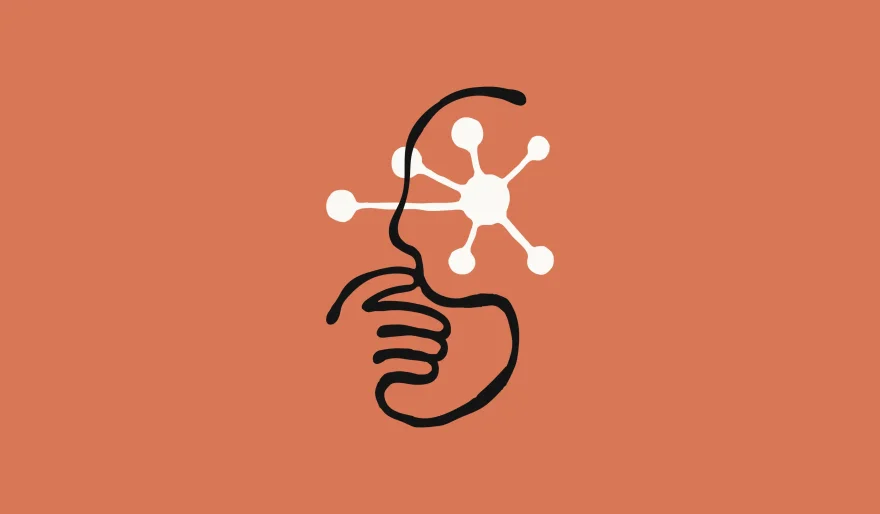Stay Ahead of the Curve
Latest AI news, expert analysis, bold opinions, and key trends — delivered to your inbox.
Claude 3.7 Sonnet: A Closer Look at Anthropic AI’s Latest Release
4 min read Anthropic AI has launched Claude 3.7 Sonnet, featuring hybrid reasoning for faster or deeper responses, Claude Code for coding automation, and a 45% reduction in unnecessary refusals. Available across Claude plans with pricing unchanged. Will hybrid reasoning set a new AI standard? February 24, 2025 19:06
Anthropic AI has introduced Claude 3.7 Sonnet, a model designed to enhance AI reasoning and coding capabilities. This latest version includes hybrid reasoning modes, allowing users to toggle between quick responses and more in-depth, structured problem-solving. With improvements aimed at practical applications, the model seeks to refine its balance between speed and accuracy.
Availability and Pricing
Claude 3.7 Sonnet is now accessible through all Claude plans—Free, Pro, Team, and Enterprise—as well as third-party integrations like the Anthropic API, Amazon Bedrock, and Google Cloud’s Vertex AI. Users who require deeper reasoning capabilities can access the extended thinking mode, though this feature is available only on paid plans. The pricing remains unchanged from previous versions, at $3 per million input tokens and $15 per million output tokens, including thinking tokens.
Notable Features and Enhancements
One of the defining features of Claude 3.7 Sonnet is its dual-mode reasoning, which provides users with flexibility in processing information. Standard thinking is geared toward speed, while extended thinking is optimized for complex reasoning tasks, particularly in math, physics, and coding. According to research and platform evaluations, the model shifts away from competition-based problem-solving and instead focuses on real-world applications, making it particularly beneficial for developers.
In addition to performance upgrades, Claude Code has been introduced as a limited research preview, designed to support agentic coding tasks. This tool allows developers to delegate coding work directly from their terminal, enhancing workflows for test-driven development, debugging, and refactoring. Available across all Claude plans, Claude Code integrates with GitHub, facilitating tasks such as bug fixing and feature implementation.
Safety and Reliability
Anthropic has emphasized improvements in model safety and interaction reliability, with testing indicating a 45% reduction in unnecessary refusals compared to previous versions. A system card provides insights into the model’s security measures, and additional safeguards have been put in place to mitigate prompt injection attacks.
User Engagement and Comparative Context
Anthropic encourages feedback, offering a direct communication channel for users to share their experiences. While a direct comparison to previous Claude models or competitors like GPT-4o and Gemini 1.5 is not explicitly outlined, some external evaluations suggest that Claude 3.7 Sonnet's hybrid reasoning and enhanced coding capabilities position it as a competitive option.
Conclusion
Claude 3.7 Sonnet represents an incremental step forward in AI reasoning and usability. While it retains the core features of its predecessors, the introduction of Claude Code and refinements in hybrid reasoning highlight Anthropic’s evolving approach to AI development. As more users engage with this model, real-world feedback will provide further clarity on its overall impact and effectiveness.



















 AI Agents
AI Agents